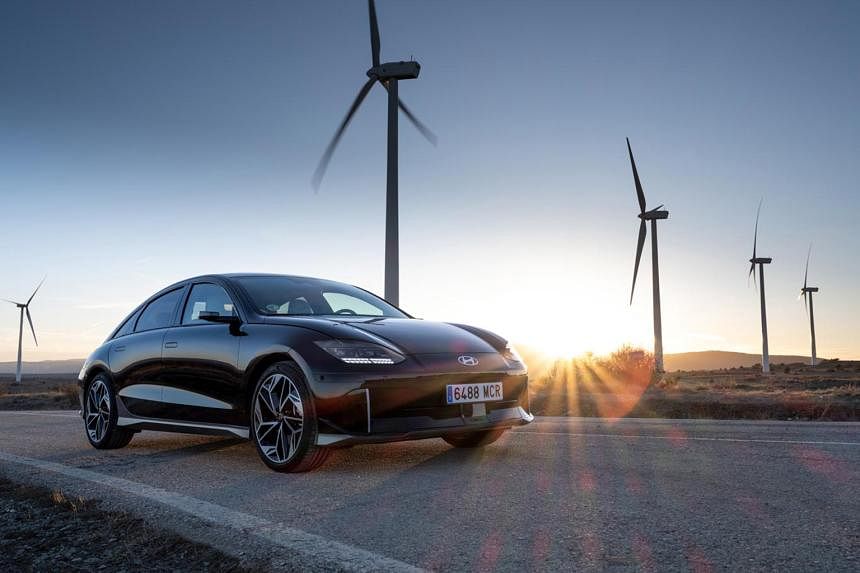When it comes to sustainability, the automotive industry is often criticised for its impact on the environment. Traditionally, cars are known to consume a considerable amount of energy and resources – and that is even before they make it on the roads.
Automobile production involves the creation of materials such as steel, plastics, rubber, glass and paints, all of which add up to a large carbon footprint.
When internal combustion engines (ICE) cars, also known more commonly as petrol cars, are on the roads,they release carbon dioxide (CO2) and other greenhouse gases into the atmosphere, contributing to air pollution and global warming.
At the end of their lifespan, depending on how they are disposed of, car components such as plastics and battery acids might remain in the environment. Other parts, such as steel frames and rubber tyres, can be recycled.
Fortunately, these concerns have not escaped notice. Today, the automotive industry is racing to effect change, thanks to a combination of factors including regulatory pressures, technological advancements and changing consumer preferences.
To comply with regulations like the European Union’s (EU) emissions targets, automakers are making huge investments to adopt sustainable manufacturing practices, develop cleaner vehicles and establish a circular economy.
Simultaneously, an uptick in environmental consciousness among consumers has led to higher demand for more sustainable options like electric vehicles (EVs).
Pushing the green envelope globally
In November 2023, Hyundai unveiled the Hyundai Motor Group Innovation Centre Singapore (HMGICS), a seven-storey smart urban mobility hub in Singapore.
It is an advanced production centre that will lead the company’s future electrification charge.
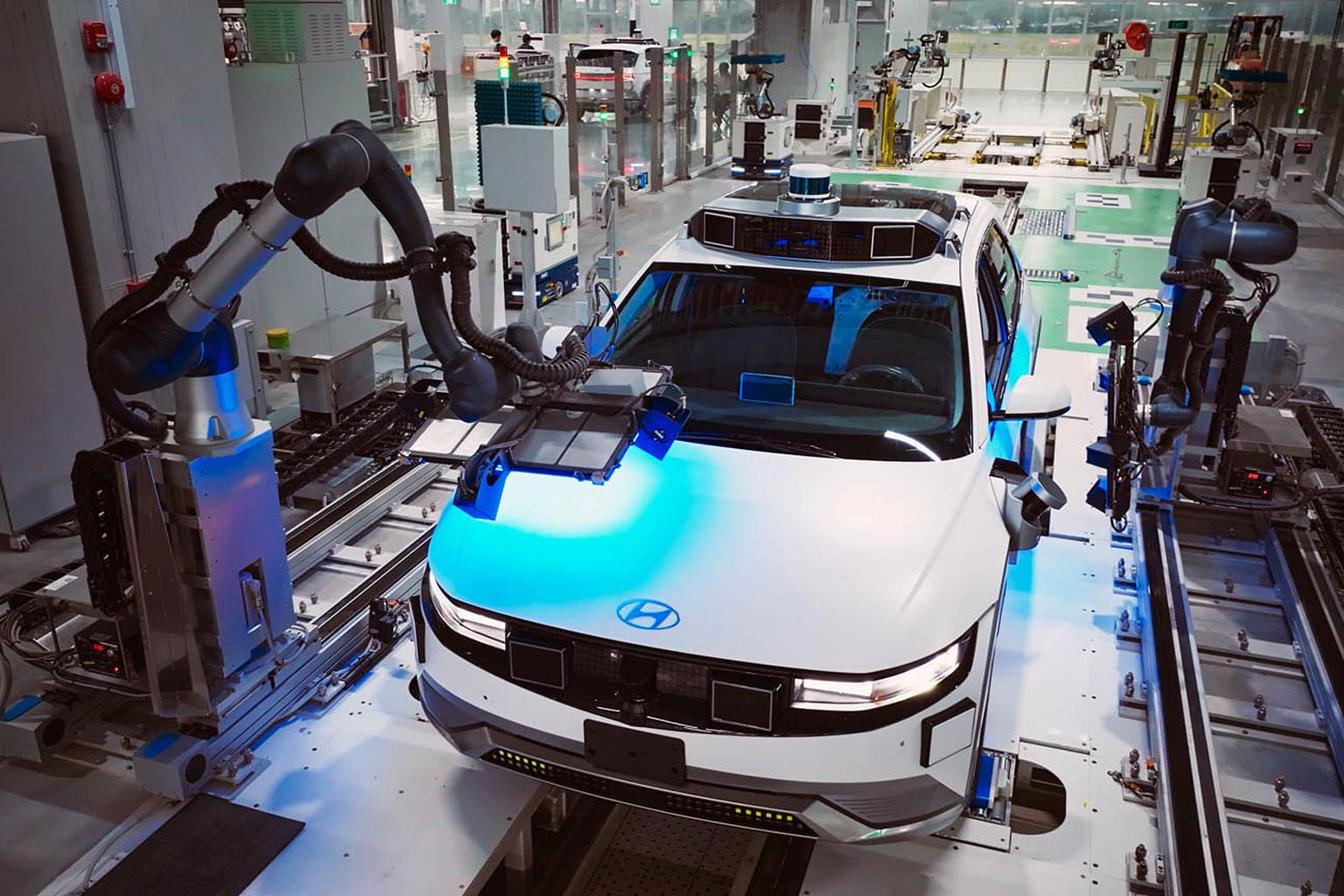
Besides producing the Ioniq 5 EVs for the Singapore market, the HMGICS also functions as a laboratory that conducts research into the future of car manufacture. This includes developing manufacturing technologies, and business solutions and ecosystems for the future mobility.
Mr Son Jiho, the head of the sales innovation group at HMGICS, says: “The future mobility for cities will be electric and multi-modal – transport will not just be limited to cars, but will also encompass other types of mobility solutions such as autonomous vehicles and advanced air mobility.
“To begin preparation for this future today, Hyundai Motor Group established HMGICS as its first global open innovation hub and testbed of future mobility solutions.”
To engage and educate consumers, Hyundai has created brand experience areas. Guides lead visitors around so that they can better understand the company’s sustainability efforts, such as how the Ioniq 5 uses upcycled, eco-friendly materials in its manufacture.
The South Korean automotive giant has also pledged to achieve carbon neutrality by 2045.
Ditto the other major manufacturers. have set sustainable targets. Mercedes-Benz plans to have its entire new fleet of vehicles net carbon-neutral along the entire value chain and over the vehicles' entire life cycle, while the likes of Honda, Toyota and BMW are all aiming for CO2 neutrality by 2050.
To reach their goals, the carmakers are firing on all cylinders. On the production front, they are focused on reducing the environmental impact of their manufacturing processes. This includes using renewable energy sources in their plants, reducing water usage, recycling materials and minimising production waste.
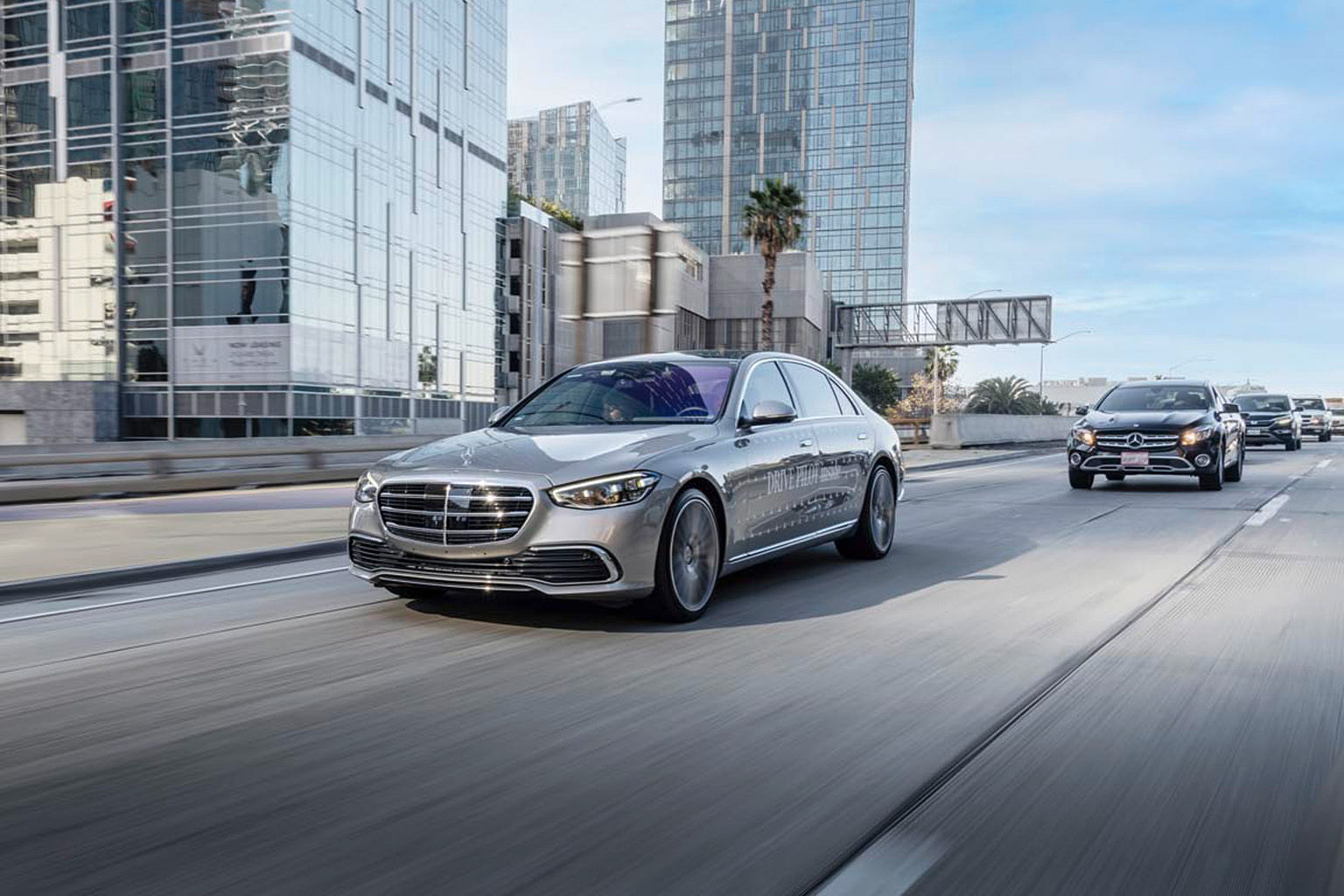
There is also an increasing focus on the entire lifecycle of vehicles, from production to disposal. Efforts include designing vehicles for easier recycling, using recycled materials in manufacturing, and having programmes for battery reuse and recycling.
Hyundai is transitioning to a complete renewable energy future for its operations. It is exploring ways to improve the recyclability of its vehicles at the end of their lives, and developing systems for the recycling and second-life use of electric vehicle batteries.
Mercedes-Benz, too, is switching to renewable energy sources. Facilities such as Factory 56 in Sindelfingen, Germany already operate on a CO2-neutral basis right from the start and designed to be highly energy-efficient.
This concept of production will be gradually rolled out to all Mercedes-Benz car plants around the world.
Meanwhile, the company’s new battery recycling factory in the German town of Kuppenheim, is expected to recover up to 2,500 tonnes of materials from recycling batteries in a year.
This amount of materials can produce more than 50,000 battery modules that will go into new Mercedes-Benz models.
The plant will also be able to recover more than 96 per cent of the materials, including plastics, metal, precious metals, housings, electrical components and more in batteries.
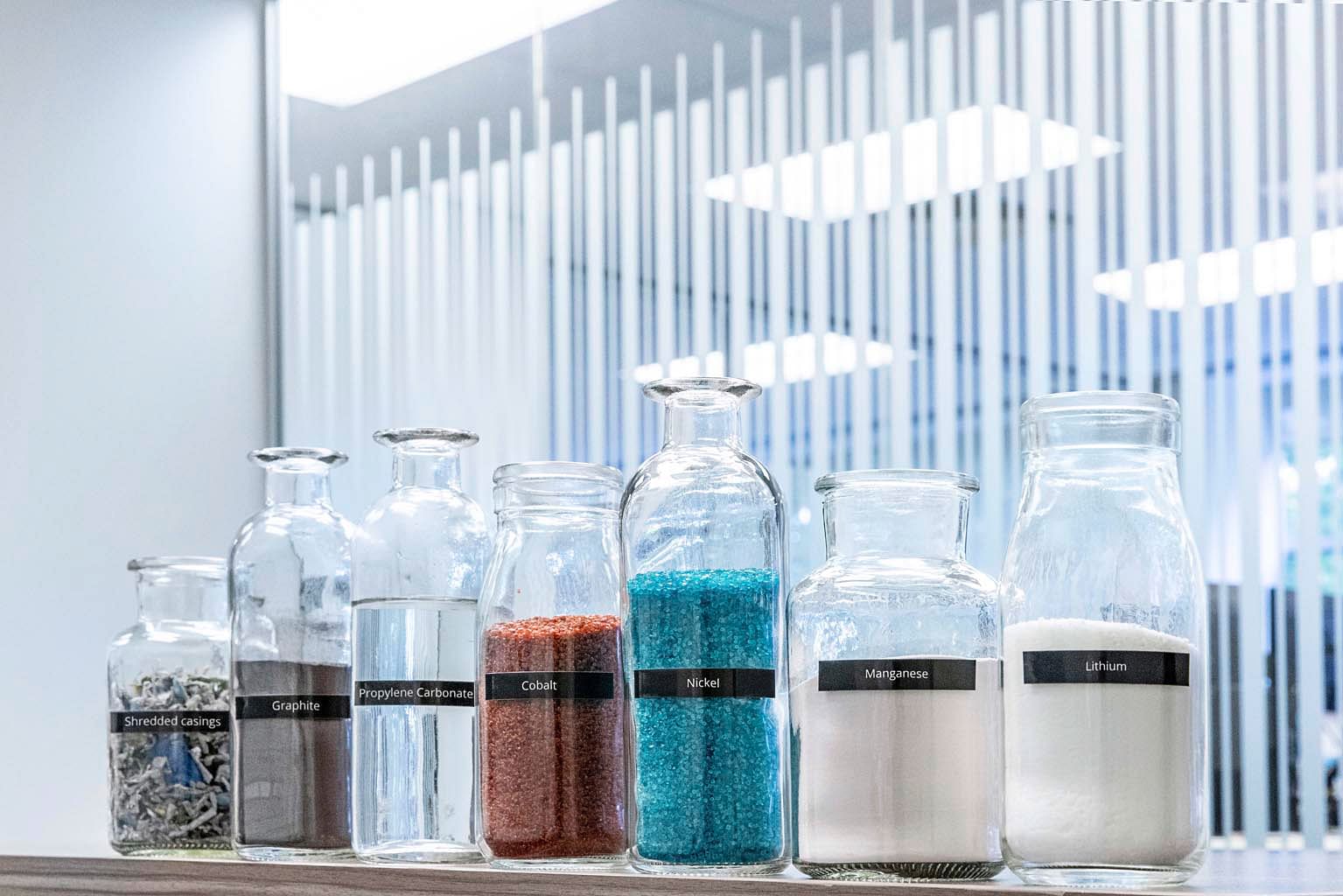
Honda is implementing water recycling systems in its manufacturing plants, especially in regions facing high water risks – China, India and Mexico.
This is part of its plans under resource circulation, one of the three elements in its Triple Action to Zero concept. The concept’s other two elements include carbon neutrality and clean energy.
Besides adopting renewable energy sources, BMW is working with its suppliers to ensure sustainable practices, such as the responsible sourcing of battery materials like lithium and cobalt.
At its Cell Manufacturing Competence Centre in Munich, BMW is developing more efficient, sustainable batteries by reducing the use of raw materials and enhancing recycling processes.
“The long-term aim of the BMW Group is to reuse all raw materials in recyclable high-voltage batteries,” explained Mr Lars Nielsen, managing director of BMW Group Asia.
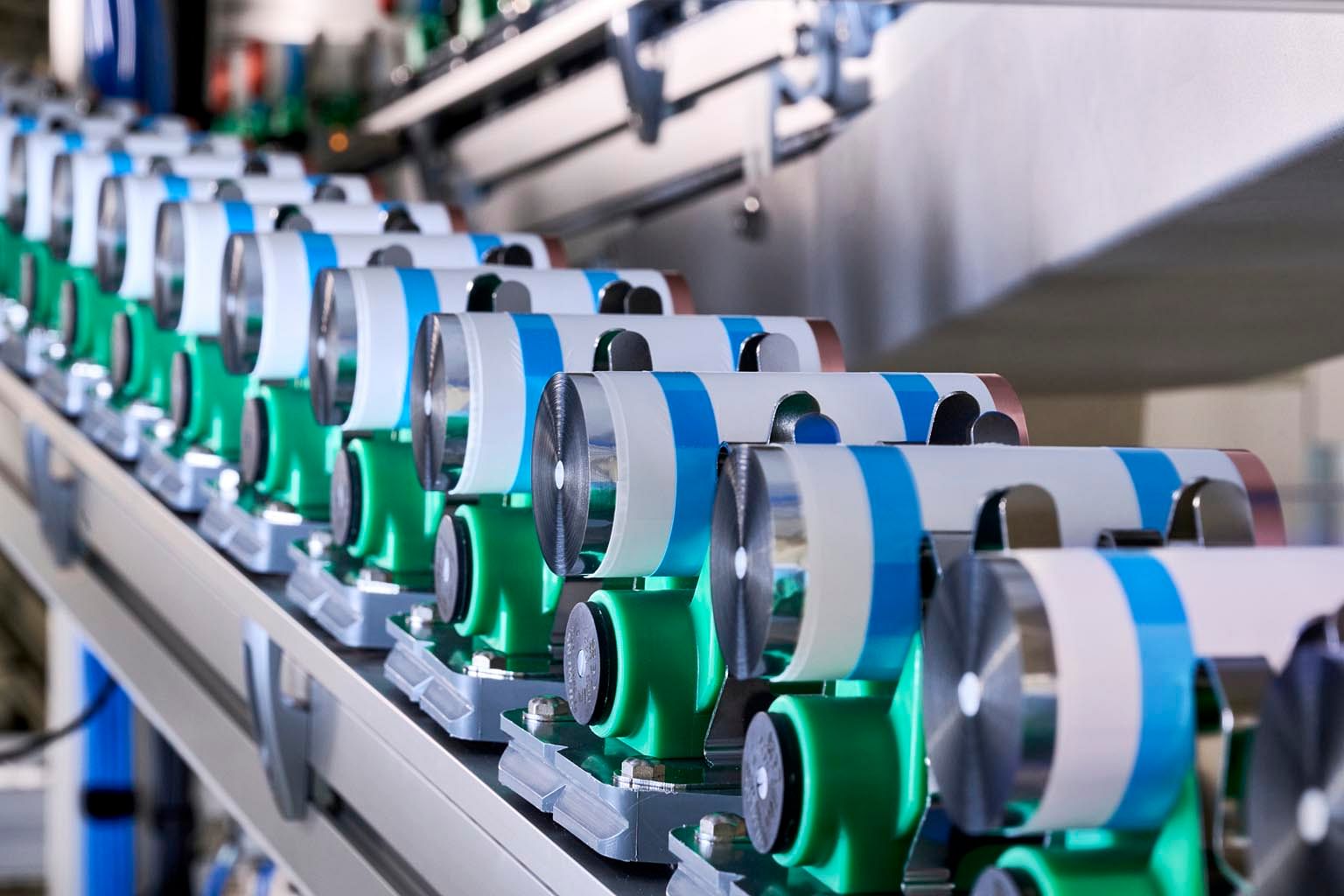
Auto industry chasing electric dreams
The most visible aspect of the automotive industry’s effort to reduce its carbon footprint is its push towards manufacturing EVs.
Mercedes-Benz is rapidly expanding its EV portfolio, which already has an EV in every segment it serves currently.
Remain strategically focused and tactically flexible, the marque is taking the necessary steps to go all electric.
The BMW Group aims to have more than 10 million EVs on the roads by 2030. The German marque’s flagship EVs, the BMW iX sports activity vehicle and BMW i7 luxury sedan, both boast efficient electric performance, and use natural and recycled materials in their production.
“One in five of the company’s newly delivered vehicles should have a fully-electric drivetrain this year; by 2025, it should be one in four,” says BMW Group Asia’s Mr Nielsen.
Compared to ICE vehicles, EVs offer a significant reduction in direct emissions. Beyond EVs, there is also increased interest in hydrogen fuel cell vehicles and other clean alternatives that promise low or zero emissions.
For example, the Toyota Mirai, a pioneer in fuel cell technology, leverages hydrogen as a clean fuel source, emitting only water vapour.
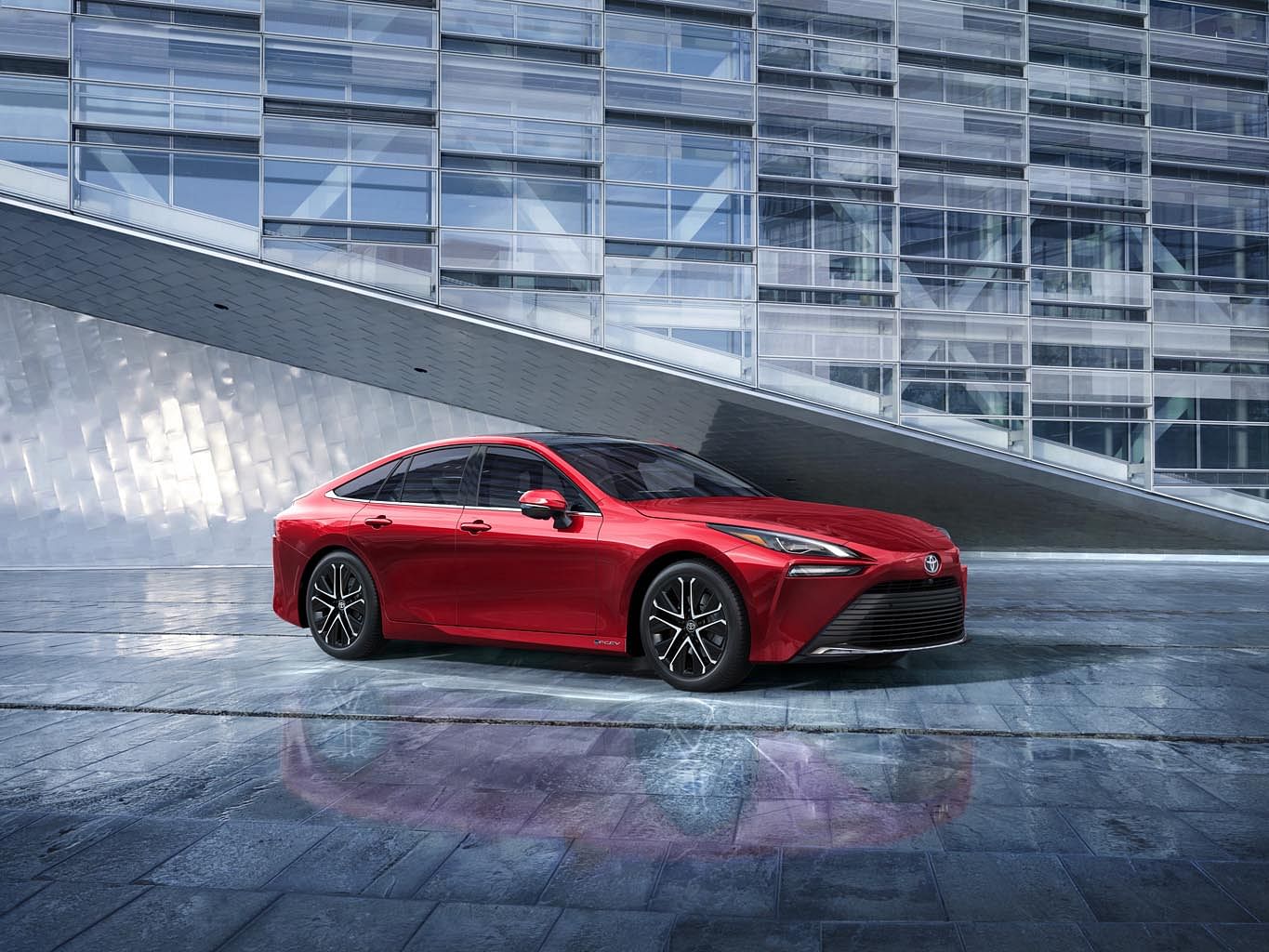
Meanwhile, Honda is continuing to develop and improve its hydrogen fuel cell technologies, including launching next-generation fuel cell electric vehicle (FCEV) models like the 2025 CR-V e: FCEV, an SUV for the US market.
Launched in 2021, with its advanced Electric Global Modular Platform, Hyundai’s EV-dedicated Ioniq 5 redefines the possibilities for EVs.
Set to roll off the factory floor this year, the Ioniq 6 sedan features ultra-fast 800-volt csharging, taking just five minutes of charging to add 100km worth of range. It boasts a range of up to 614km on a single charge.
“The Ioniq 6 is available in a single-motor version with a 53kWh battery and 107kW of power. This car is offered in both the COE Category A and B segments to offer broader options and cater to Singapore customers’ varied preferences, including customers who have a keen eye for value for money,” explains HMGICS’ Mr Son.
Despite significant progress, the automotive industry still has some way to go before becoming fully sustainable.
Challenges include the need for more extensive EV charging infrastructure, the environmental impact of battery production and disposal and the high costs associated with developing and adopting new technologies.
But as technology advances and societal expectations evolve, the industry's role in promoting environmental sustainability will only continue to expand and deepen.
The Car Expo will be held on April 13 and 14, at Singapore Expo Halls 4 and 5 from 10am to 8pm. Click here for the floorplan of the show. Read more about the latest cars and special deals at the The Car Expo here.
